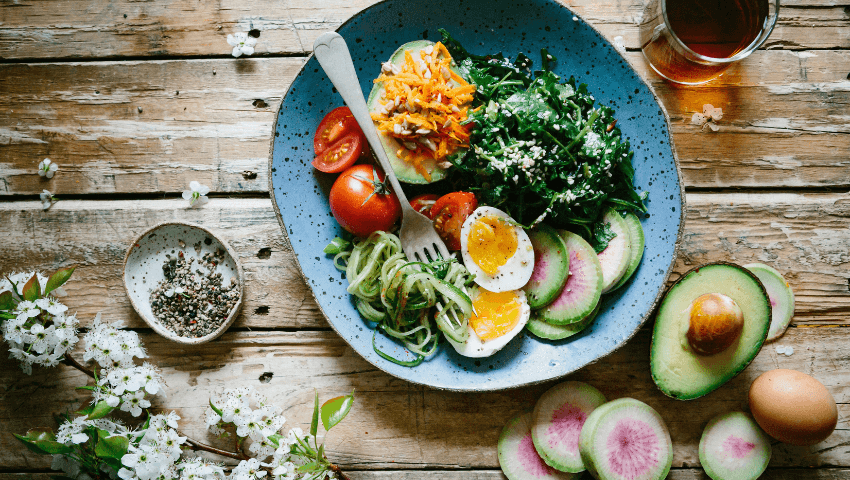When people come to me with complaints about bloating, one of the first things I often hear is, “But I’m eating really healthy - I don’t understand why I feel so uncomfortable!”
And I totally get it. There’s a common misconception that bloating only happens when you’ve overeaten or indulged in too much junk food. But the truth is, bloating can happen even when your diet looks “clean” and nutritious on the outside.
Let’s break it down.
Bloating doesn’t always mean “too much food”
Sure, overeating can leave you feeling overly full or gassy but it’s far from the only cause of bloating. In fact, you can be bloated from a single bite of something your body doesn’t tolerate well, even if it’s considered healthy.
Take foods like avocado, oats, lentils, or even apples. These are packed with nutrients, but for someone with a sensitivity or intolerance, they can trigger a bloating response because the body struggles to digest them properly.
So while your plate might look perfect, your gut might be telling a different story.
Food intolerances are often hidden
Food intolerances aren’t always obvious. You might not get hives or a swollen throat like you would with a classic allergy, but you may experience bloating, fatigue, brain fog, or skin breakouts after eating certain foods - even hours later.
That’s why many people miss the connection between what they’re eating and how they’re feeling. And when you keep eating those “healthy” foods your body can’t properly process, the bloating becomes chronic.
Our Intolerance Test can help pinpoint which foods might be quietly working against you. Once you know, it’s so much easier to make targeted swaps that support your digestion instead of stressing it out.
Digestive enzymes play a big role too
Your body produces enzymes to help break down proteins, fats, and carbohydrates during digestion. But if your enzyme levels are low - whether from stress, ageing, or gut imbalances - you may not fully break down your food.
What happens then? Undigested food sits in your gut and ferments, producing gas and, you guessed it, bloating.
In some cases, supplementing with the right digestive enzymes can help, but it’s important to get to the root of why your enzyme levels are low in the first place.
The bottom line
Bloating isn’t always about how much you eat - it’s often about what you eat and how well your body handles it. You could be doing “everything right” on paper, but if your body is reacting to certain foods or struggling to digest them, that discomfort isn’t going anywhere.
So if you're feeling frustrated, you're not alone and there are answers. Getting to know your unique intolerances and digestive needs is one of the most empowering things you can do for your gut.
Your body’s trying to tell you something. The question is... are you ready to listen?
Curious if food intolerances could be behind your bloating? Take our at-home Intolerance Test and start getting the answers your gut needs 💚



